Leap Year Facts, Traditions and Myths
We already know that leap year occurs every four years, but did you know that the year is full...
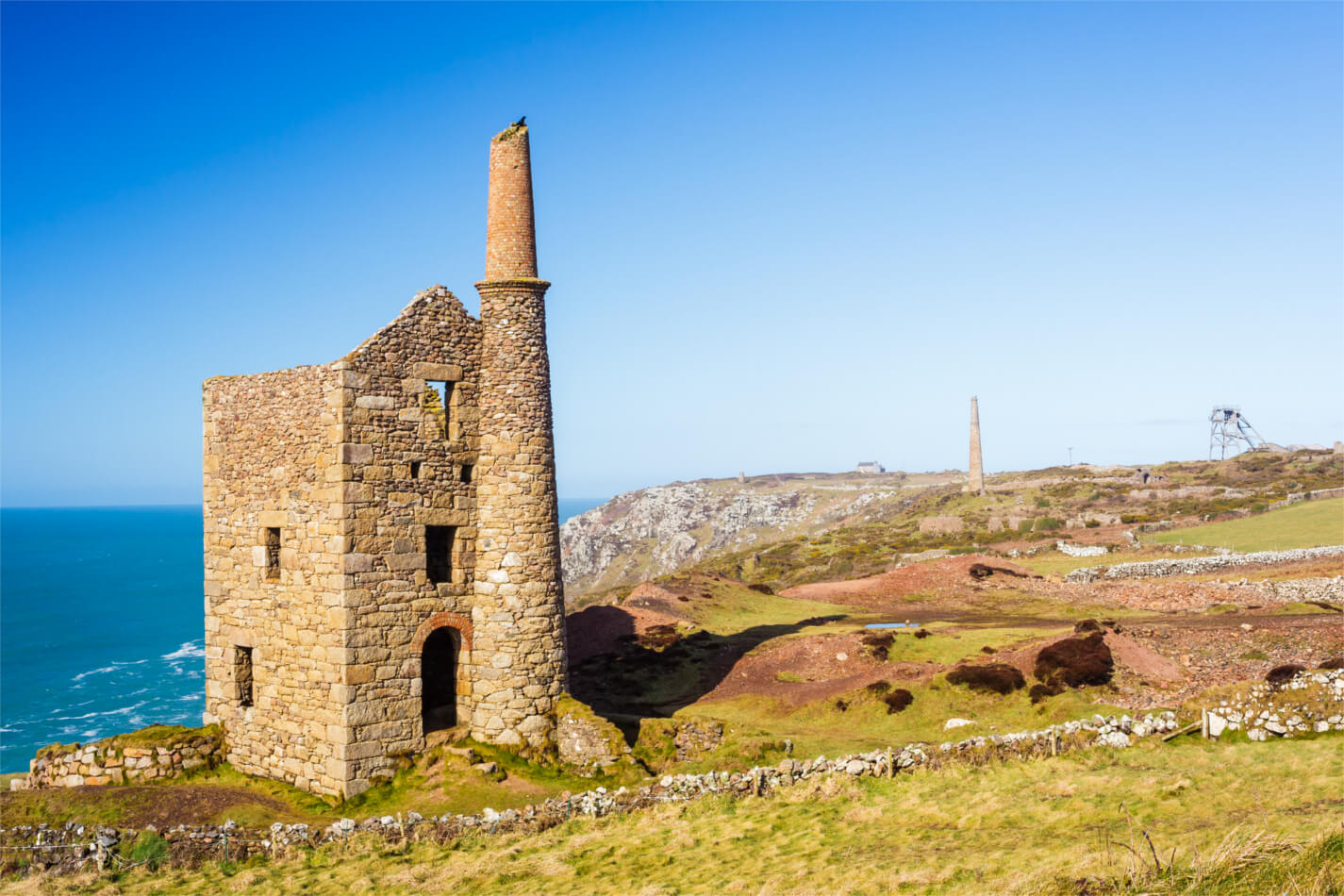
There are so many fascinating facts you may not know about Cornwall, one of Britain’s favourite UK holiday destinations, that we’re eager to share.
For a lot of people in the UK, a holiday in Cornwall is what they look forward to every summer; the long and sometimes grueling car journey with the kids, the ice creams by the sea and the all-important delicacy that is the Cornish pasty.
Whether it’s sunbathing on the beach and building sandcastles with the kids, walking along coastal paths, or daring to brave the waves on a board, Cornwall has something for everyone. There are plenty of reasons to visit, including some very interesting Cornwall facts you may not already know!
Read on to uncover 11 fascinating facts about Cornwall…
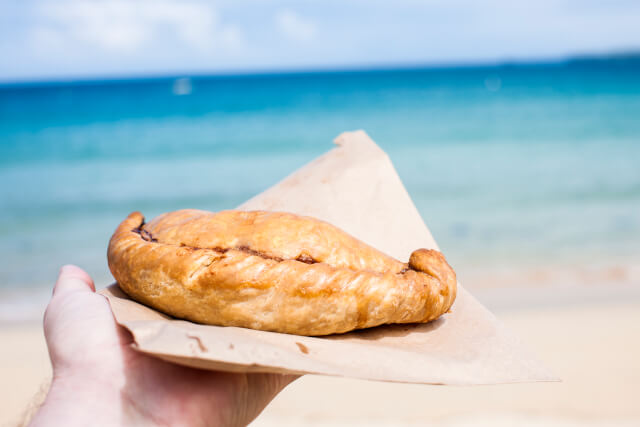
Let’s start with one of our favourite Cornwall facts, and it’s about the humble Cornish pasty! You know they taste delicious, but what you might not know is their very clever, and practical, origin.
Cornish miners needed something hearty and substantial to keep them going, so along came the Cornish pasty, made with a large crust to hold on to as they ate everything around it and then threw the crust away. Mining involved the use of poisonous chemicals, so it meant they wouldn’t be contaminating their dinner – genius!
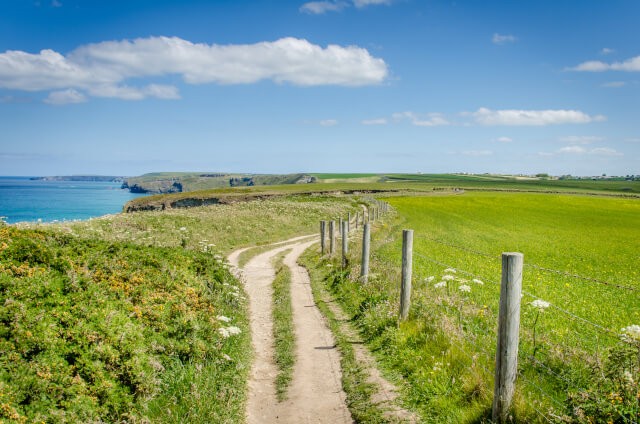
With ocean covering three sides of this sunny southern county, Cornwall has the longest coastline in the UK with Ordnance Survey mappers measuring it to be a whopping 1,086 km, and that’s not even including the Isles of Scilly. The South West Coast Path provides you with some beautiful walks in Cornwall, where you can enjoy the sea air and the breathtaking scenery.
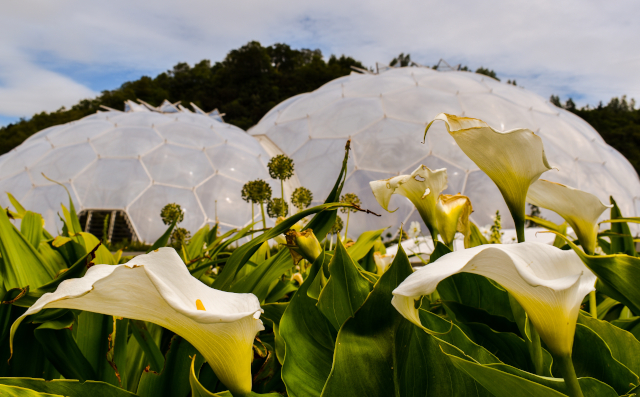
Cornwall is home to the largest collection of plant species found in the British Isles because of the magnificent Eden Project. Plants collected from all over the world from diverse climates fill the two giant biomes; huge enclosures simulating specific environments for the kind of plants they hold. The large biome is a rainforest environment and the smaller is Mediterranean, so even if the Cornish sun isn’t out, head over to the Eden Project for guaranteed temperatures of 28 degrees!
To top it off, not only is the Eden Project one of the top indoor attractions in cornwall, it is also one of many dog-friendly Cornwall attractions, so you can take the whole family along!
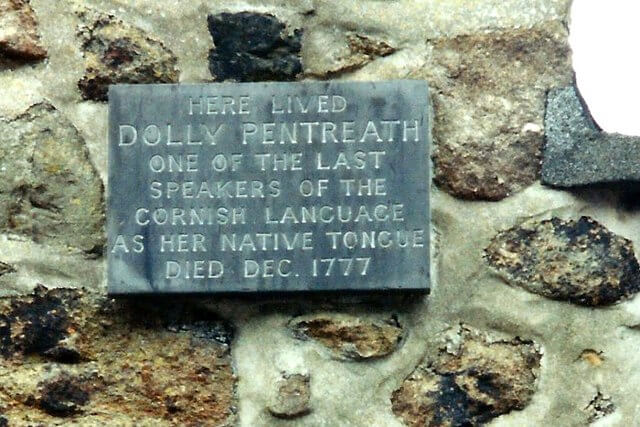
Here’s an interesting Cornwall fact for you – this region has it’s very own language, Kernewek. It is a Celtic language and its use began to decline in the 18th century.
It is widely reported that a lady called Dolly Pentreath, who died in 1777, was the the last speaker of Cornish as a first language, but more recent research says this isn’t so. It is more likely that the language continued to be spoken right up into the 19th century, with claims that the last native speaker passed away in 1914.
Either way, since then the Cornish community has made sure that Kernewek has had a revival and it is now being taught in schools, passing down through generations once more.
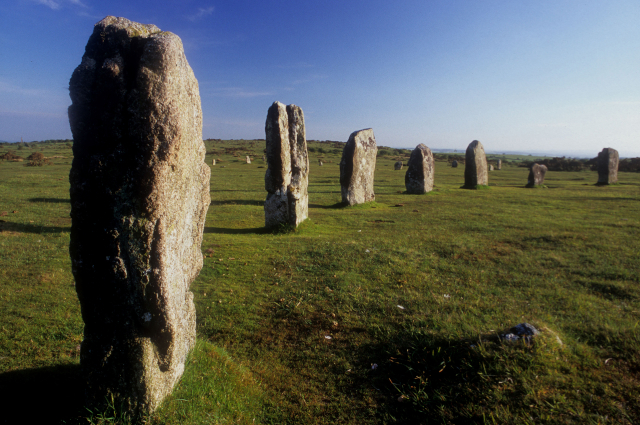
Fun fact: Stonehenge might be more famous, but Bodmin Moor in Cornwall has one of the densest concentrations of Bronze Age and Neolithic sites in Europe. Pictured are The Hurlers, three stone circles with local legend advising they were men who were turned into stone for playing the ancient game of hurling on a Sunday, a day of rest.
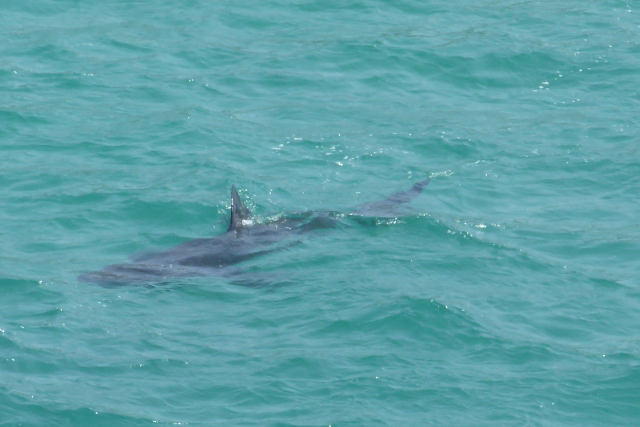
Cornwall’s marine life is more vast and varied than you might realise; from crustaceans and molluscs to larger animals like Grey Seals, Basking Sharks, Bottlenose Dolphins, and Whale Sharks. But don’t worry, the latter sounds scarier than it is, Whale Sharks actually only eat plankton!
A Blue Shark was spotted in the harbour at St Ives, with experts saying it may have been lost or confused as they don’t usually come that close to the shore.
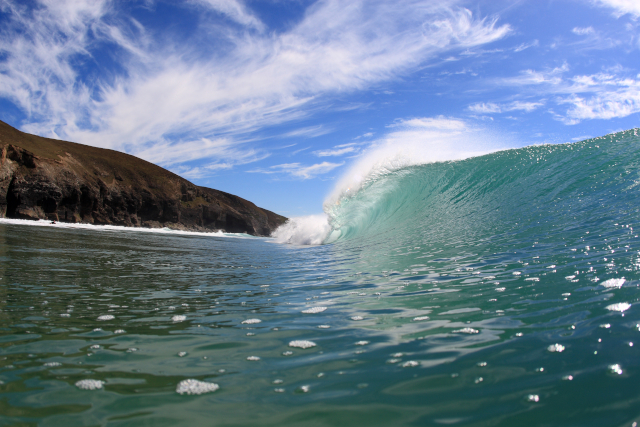
Waves can reach maddening heights in Cornwall, to the delight of surfers that flock to the Cornish shores. Huge waves are awakened on the coast of Newquay at Fistral Beach when waves break over the Cribbar reef during winter storms, reaching a legendary 30 ft! If this sounds right up your street, you can discover a host of the best surfing beaches in Cornwall.
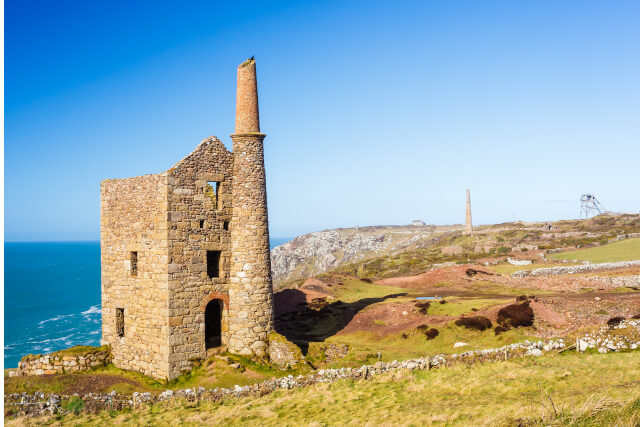
Back in 1870, Cornwall was the world leader in tin production, and at one time was home to 2,000 tin mines. Competition from overseas saw the tin mining industry in Cornwall rapidly decline, with many miners emigrating to Australia where tin was then newly discovered.
Now recognised as a World Heritage Site by UNESCO, split into 10 areas in Cornwall and Devon, you can visit the few existing mines such as Botallack Mine on the Tin Coast cliff used as a Poldark filming location.
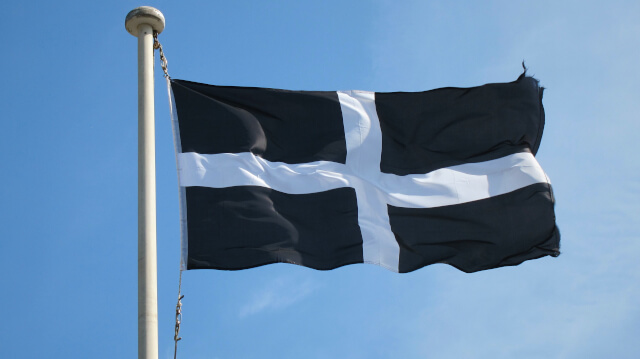
Saint Piran’s Flag (Baner Peran in Kernewek) is the flag of Cornwall, used by many Cornish people as a symbol of their identity. The flag’s design is claimed by some to be from as early as 1188, when the flag was used in the crusades, until it was attributed to Saint Piran, a 5th-century Cornish abbot. You’ll know when you’re in Cornwall when you start seeing this flag on car bumper stickers everywhere.
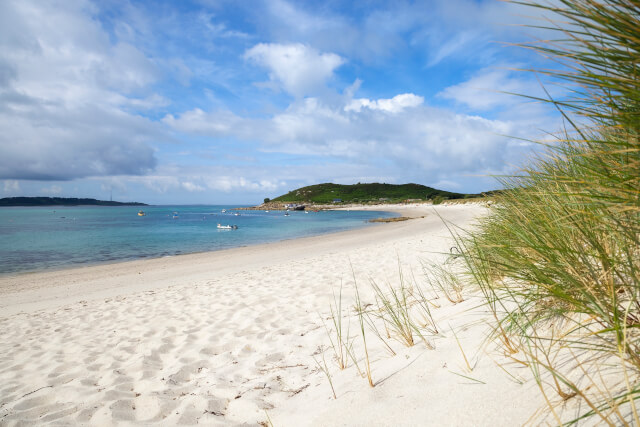
With all that coastline comes a lot of beautiful beaches, ranging from long stretching white sandy bays, secluded coves, to pebbled shores. There are a multitude of different kinds of beaches in Cornwall, catering to everyone’s preferences such as dog-friendly beaches, beaches that are good for small children and youngsters and of course, beaches with the best waves for avid surfers.
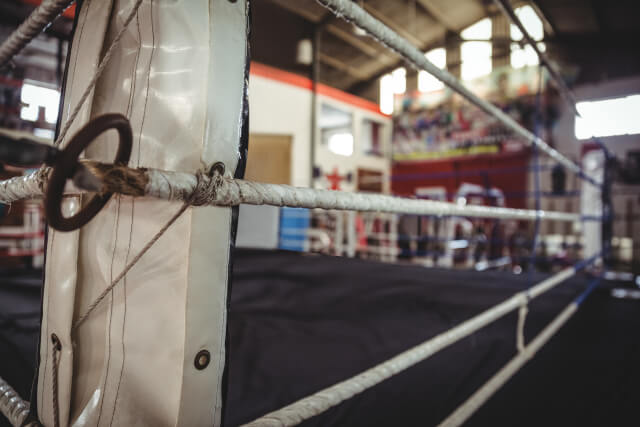
A fascinating Cornwall fact to finish proceedings: Cornwall has it’s own form of wrestling!
The wrestlers wear tough jackets so they can grip onto their opponent and make them land as flat as possible on their back. You’re not allowed to grab wrists or fingers, or anywhere below the waist for that matter so it’s not an easy feat.
Today Cornish Wrestling features annually at the Royal Cornwall Agricultural Show in June with a tent displaying wrestling belts, trophies and history of the sport, as well as demonstrations showcasing a variety of wrestlers including girls and youngsters.
To discover all of these things for yourself, book a holiday cottage in Cornwall today. Browse our Cornwall Travel Guide for some holiday inspiration.
Are you on the phone to our call centre? Your Customer ID is:
Get involved in the Discussion